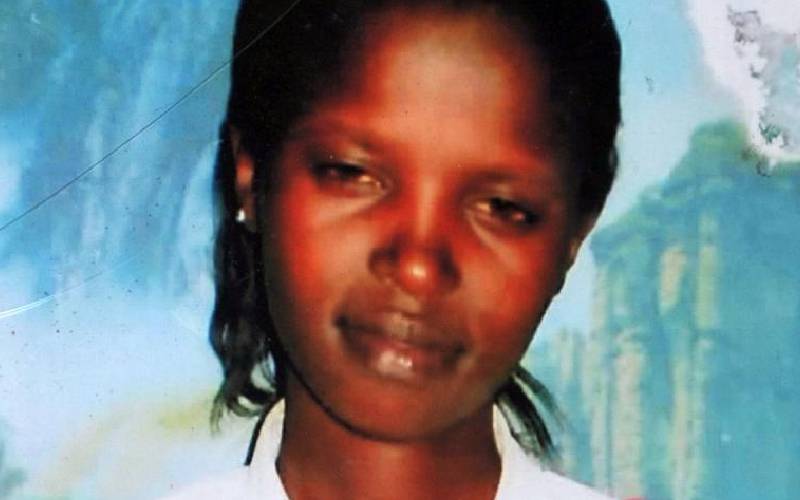×
The Standard e-Paper
Smart Minds Choose Us

Agnes Wanjiku, 21, may have been placed in a septic tank while still alive. [Courtesy]
Members of the National Assembly were yesterday treated to a harrowing tale of the slow yet painful death of 21-year-old Agnes Wanjiku in the arms of a British Soldier.